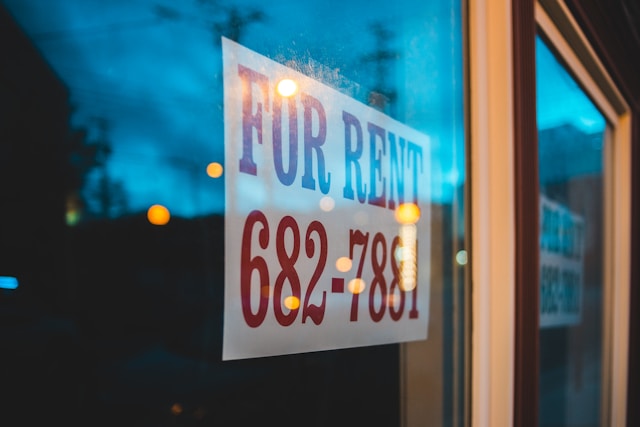
Many state legislators have been working hard to try and pass some version of “Good Cause” housing rules. These were not taken up last year, but this year the legislature has passed them and they will go into effect immediately in NYC. What does this mean for renters? A New York City eviction defense lawyer can tell you when these rules apply and how they can affect a housing case.
The Good Cause eviction rules have been in the works for quite a while. They are designed to make sure that landlords offer existing tenants new leases when their current agreements expire. If the landlord does not want to offer a tenant a new lease, they must have a reason why. Some would say that they need to have “good cause” for such a move.
There are some good reasons why a landlord would not want to renew a lease. Acceptable excuses include:
These standards kick in for all five boroughs right now and last for 10 years, meaning that the legislature and governor would have to renew them in 2034 or before that. Other cities in New York can opt into these rules if they want to. Some NY cities, like Beacon and Albany, already have their own set of local good cause rules.
Good Cause rules can also affect rent negotiations. In covered apartments, landlords can only increase rent by five percent plus the consumer price index, or CPI. They can also raise rent by 10%. However, it’s important to note that they have to pick the lower of these two numbers.
Here’s what we mean. Let’s say that the CPI is at 4%. Your landlord could raise your rent by that plus 5%, so 9%. If the CPI is at 5.5%, then this formula would add up to 10.5%. Your rent can’t go up by that much, so your landlord would only be able to raise rent by 10% at most.
To the chagrin of many housing advocates, many types of apartments and buildings will not be subject to Good Cause eviction rules. Some exceptions include:
Still, the new rules should end up covering hundreds of thousands of rental units.
If you believe that your building is protected by Good Cause rules and your landlord does not follow them, you must stand up for your rights. You will probably have to bring your landlord to housing court to force them into being fair.
If you are facing eviction or any kind of issue with your landlord, contact Robert Rosenblatt & Associates. A lawyer from our firm can help you stand up for your rights.
© 2024 Robert Rosenblatt & Associates. All rights reserved.